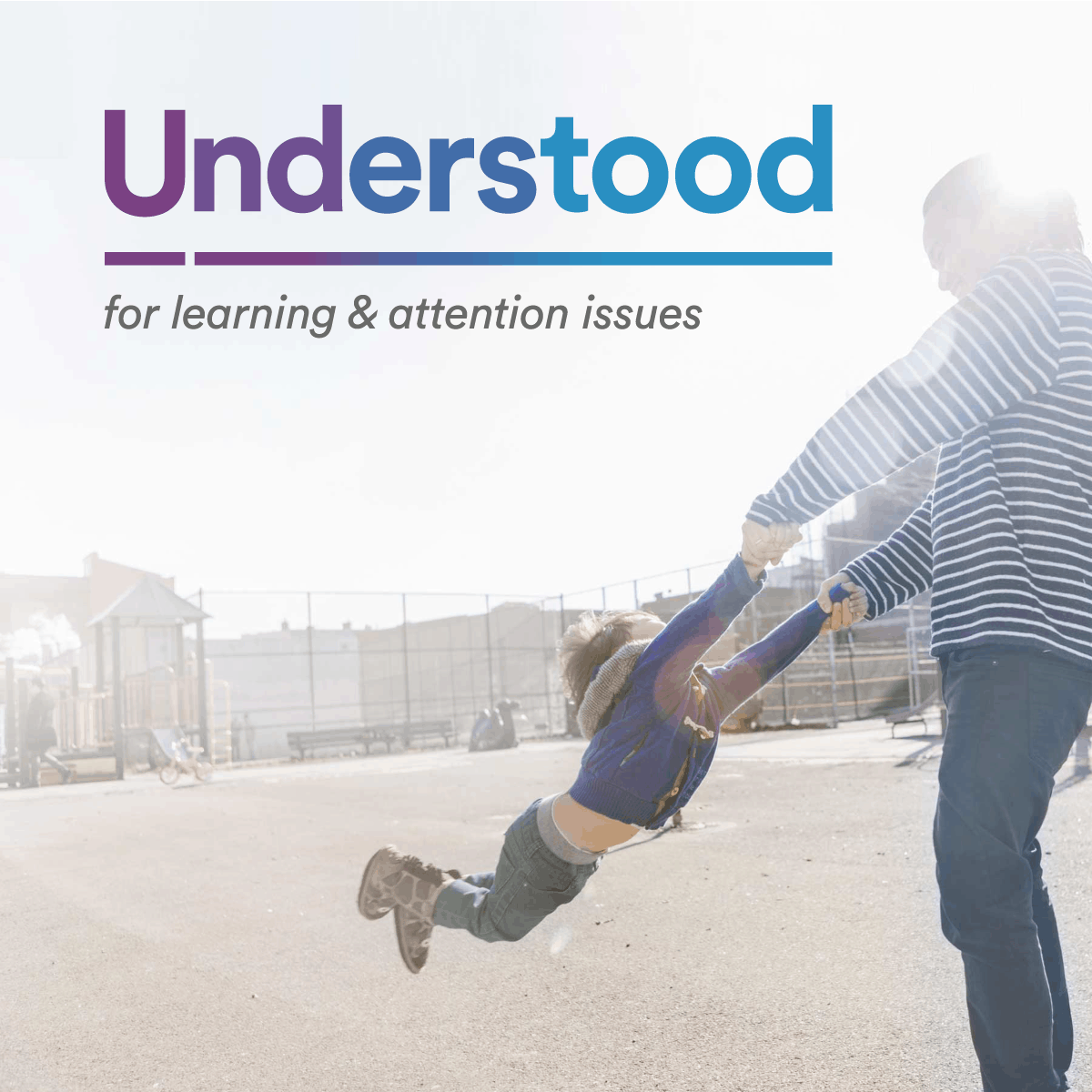Last Updated on September 5, 2020 by Ellen Christian
Being a parent isn’t easy even in the best of times. There’s no instruction book that goes along with your child and most parents feel lost at least every other day. At least, I know I did. For parents with children who have learning disabilities, parenting can be even more overwhelming. There are so many questions that parents have, and when your child has a disability, often the traditional answers don’t apply. I’m sharing this information because I’ve been there and it’s important to me.
Posts may be sponsored. This post contains affiliate links, which means I will make a commission at no extra cost to you should you click through and make a purchase. As an Amazon Associate I earn from qualifying purchases.
Support for Parents with Children Who Have Learning Disabilities
I don’t do a lot of parenting topics here because my “kids” are 19 and 23. They’re almost independent and on their own. I’ve probably mentioned several times here that both of my kids have ADHD. They were officially diagnosed in first grade, but I knew long before that time that they were different from the other children. I don’t mean different in a bad way. Yes, the inability to sit still, focus on anything longer than a minute and lack of control were all extremely challenging to deal with. But, the willingness to be friends with everyone and constant sense of wonder with new experiences were a joy.
Most days, were more challenge than joy if I’m honest. I was raising two children with an (ex) husband who was an over the road truck driver and never at home. I juggled a full-time job along with everything else that needed to be done. I lived in fear of a phone call from the school because I knew it would be *my kid* that had done something wrong, was sent to the principal’s office or gotten suspended. Most of the time, I just felt overwhelmed and very alone. There weren’t many resources for parents with kids who had learning disabilities 15-20 years ago. Thankfully, now there are.
Understood.org is a nonprofit organization that offers free online resources for parents of children with learning and attention issues (like ADHD or dyslexia). It is a resource that all parents, even those who have children who are undiagnosed, need to know about. It will help them understand what they are seeing, understand what their child is experiencing, and understand what they can do to help their children.
We all want nothing more than to be understood. But for some kids, it isn’t as easy as it seems. Learning and attention issues are much more common in children than most people realize. It isn’t uncommon for parents to think that their children are just being lazy, need to work harder, or that they are in a phase that they will grow out of. Raising a child with learning and attention issues is a journey. And it’s one that’s full of ups and downs, successes and challenges, questions and decisions.
Only 68% of students with learning issues graduate with a regular high school diploma. 55% of students with learning and attention issues have had some involvement with the criminal justice system within eight years of leaving high school. But contrary to what many people believe, there is no correlation between learning and attention issues and IQ. With the right strategies and support, these children can succeed in the classroom—and outside of it too.
Please understand that there is free help available if you need it. Just visit Understood.org to get started and share this post to get the word out to others.

Ellen is a busy mom of a 24-year-old son and 29-year-old daughter. She owns six blogs and is addicted to social media. She believes that it doesn’t have to be difficult to lead a healthy life. She shares simple healthy living tips to show busy women how to lead fulfilling lives. If you’d like to work together, email info@confessionsofanover-workedmom.com to chat.


It’s important to realize that not all kids are exactly the same. The parenting and teaching styles that work for some are totally wrong for others. It’s great that there are resources out there for parents who struggle to find just the right techniques that work for their kid.
That’s really true, Diane. There is no one size fits all.